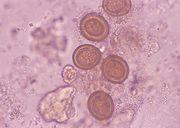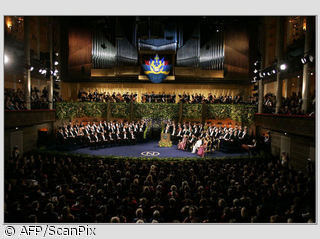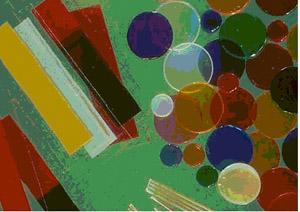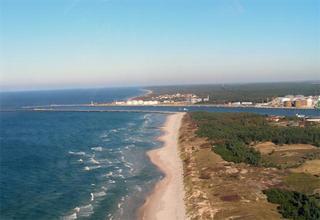Working group proposes carrots and sticks to encourage early graduation
Published:
8 January 2004 y., Thursday
A working group at the Ministry of Education wants to impose limits on the time students spend on university studies. Under the plan, which would take effect in 2005, the normal amount of time taken to complete studies could be exceeded by a maximum of two years. In most cases this would place a seven-year limit for a higher, master's-level degree.
The working group also wants to require a personal study plan for each student to prevent students from taking on too diverse an array of courses. Tuition would continue to be free for full-time students studying for a degree. However, mandatory fees are planned for supplementary studies undertaken when a person already is at work.
The working group is also calling for a number of other ways to keep students to their schedule, including making more efficient use of time and trimming the content of the subject matter. The academic year would also be longer: the autumn term would begin on the first of September and end on December 15. The spring term would be extended to the end of May.
The proposals of the working group are part of broader government plans to extend the amount of time that Finns stay at work.
Šaltinis:
helsinki-hs.net
Copying, publishing, announcing any information from the News.lt portal without written permission of News.lt editorial office is prohibited.
The most popular articles

The European Commission announced today the award of three of the six contracts for the procurement of Galileo’s initial operational capability.
more »
 A British airline pilot says he hopes to become the world's first rocketman by the end of the year.
more »
A British airline pilot says he hopes to become the world's first rocketman by the end of the year.
more »
 Development plans to include exploiting local potential for environmental research and pharmaceuticals.
more »
Development plans to include exploiting local potential for environmental research and pharmaceuticals.
more »
 Sweet smell of success for researchers who've discovered how to enhance flower scent ten fold.
more »
Sweet smell of success for researchers who've discovered how to enhance flower scent ten fold.
more »
 French writer Jean-Marie Gustave Le Clezio wins the 2008 Nobel prize for literature.
more »
French writer Jean-Marie Gustave Le Clezio wins the 2008 Nobel prize for literature.
more »
 Two Americans and a Japanese scientist have won the Nobel Prize for Chemistry for their research on a glowing green protein found in jellyfish.
more »
Two Americans and a Japanese scientist have won the Nobel Prize for Chemistry for their research on a glowing green protein found in jellyfish.
more »
 Two French scientists who discovered the AIDS virus and a German who found the virus that causes cervical cancer are awarded the 2008 Nobel prize for medicine or physiology.
more »
Two French scientists who discovered the AIDS virus and a German who found the virus that causes cervical cancer are awarded the 2008 Nobel prize for medicine or physiology.
more »
 For rare earth and nano phosphors, luminescent materials for white LEDs, displays, general lighting and scintillator applications, McPherson delivers spectral test stations for deep ultraviolet (UV) excited, real-time measurements.
more »
For rare earth and nano phosphors, luminescent materials for white LEDs, displays, general lighting and scintillator applications, McPherson delivers spectral test stations for deep ultraviolet (UV) excited, real-time measurements.
more »
 On 30 September in Vilnius, a seminar, dedicated to the perspectives of international cooperation on solving the problem of chemical weapons dumped at sea, started.
more »
On 30 September in Vilnius, a seminar, dedicated to the perspectives of international cooperation on solving the problem of chemical weapons dumped at sea, started.
more »
 First stage of PRT-8 preparation for deployment to Afghanistan – refreshment of basic individual combat skills
more »
First stage of PRT-8 preparation for deployment to Afghanistan – refreshment of basic individual combat skills
more »
Germany's government is to spend six billion euros developing the country's hi-tech industries. The initiative will concentrate on research and development, particularly regarding high speed internet access, or "Broadband", as it is known.
more »